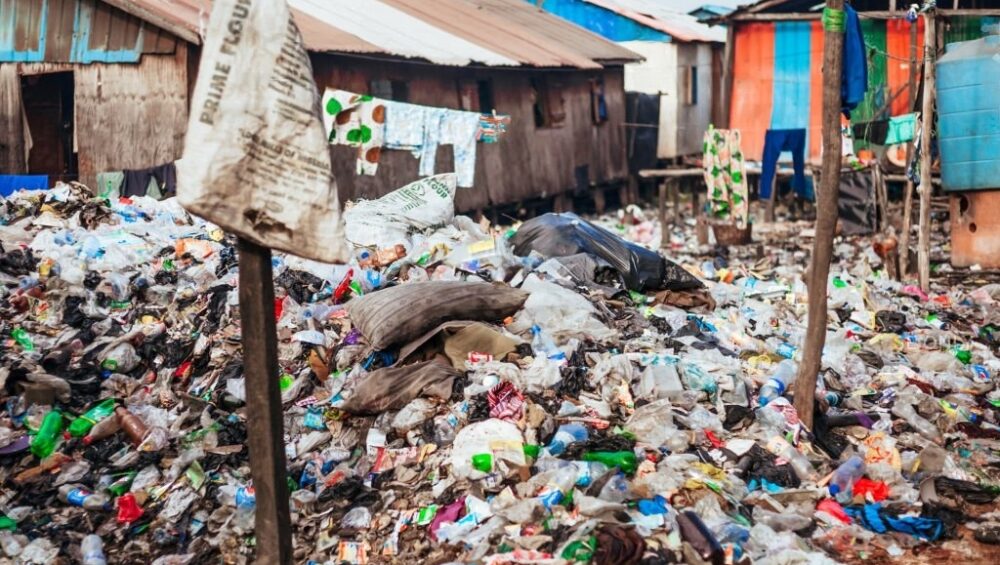Nigeria is a country located in West Africa with a population of over 200 million people. The country is blessed with diverse natural resources and has a wide range of vegetation types, from tropical rainforests in the south to semi-arid savannas in the north. However, Nigeria’s environment has been facing a lot of challenges in recent times, and these challenges are affecting the health and well-being of its citizens.
One of the most significant environmental challenges in Nigeria is air pollution. Air pollution is a significant issue in many urban areas in Nigeria, and it is caused by a range of factors, including industrial activities, transportation, and open burning of waste. The country is home to many industries, including oil and gas, manufacturing, and construction, and these industries are significant contributors to air pollution. The use of poorly maintained generators in homes and businesses is also a major source of air pollution in the country.
Water pollution is another major environmental challenge facing Nigeria. Many of the country’s water bodies are polluted with industrial waste, agricultural runoff, and untreated sewage. This pollution has severe consequences for both human health and aquatic life. The pollution of water bodies in Nigeria has led to the spread of waterborne diseases such as cholera, typhoid, and dysentery.
Another significant environmental issue in Nigeria is deforestation. Nigeria’s forests are being destroyed at an alarming rate due to agricultural expansion, logging, and urbanization. Deforestation has numerous negative impacts on the environment, including soil erosion, loss of biodiversity, and climate change.
In addition to these challenges, Nigeria also faces issues with waste management. Many of Nigeria’s urban areas lack proper waste management facilities, and this has led to the indiscriminate dumping of waste in public spaces, including streets and water bodies.
To address these environmental challenges in Nigeria, the government and other stakeholders must take urgent action. The government can introduce and enforce regulations to reduce air and water pollution, promote reforestation, and improve waste management. Citizens can also take individual actions such as reducing their use of plastics, using energy-efficient appliances, and properly disposing of waste.
In conclusion, Nigeria is facing significant environmental challenges that are impacting the health and well-being of its citizens. However, with concerted efforts from the government, civil society organizations, and individuals, it is possible to address these challenges and create a healthier and more sustainable environment for future generations.


3 Comments
This is exactly what i was looking for, thank you so much for these tutorials
It would be great to try this theme for my businesses
What a nice article. It keeps me reading more and more!